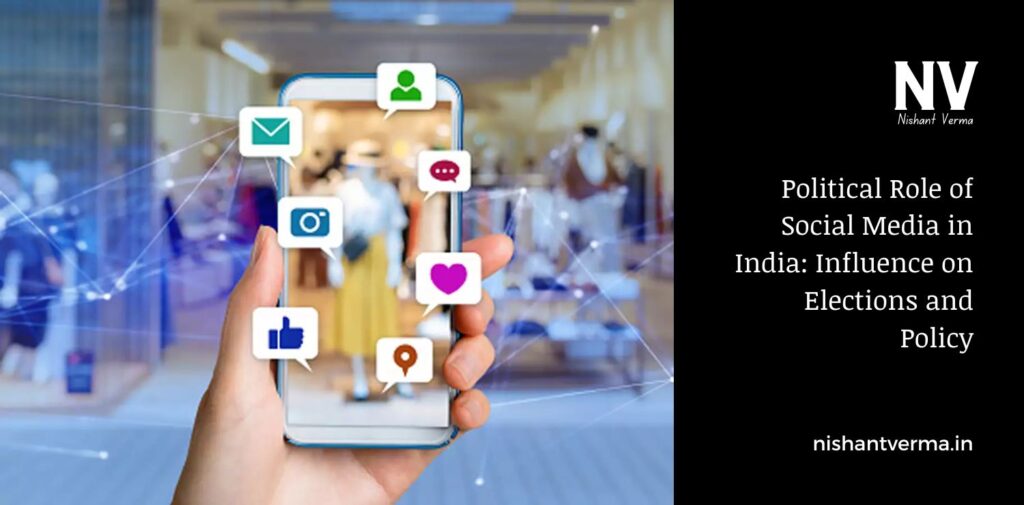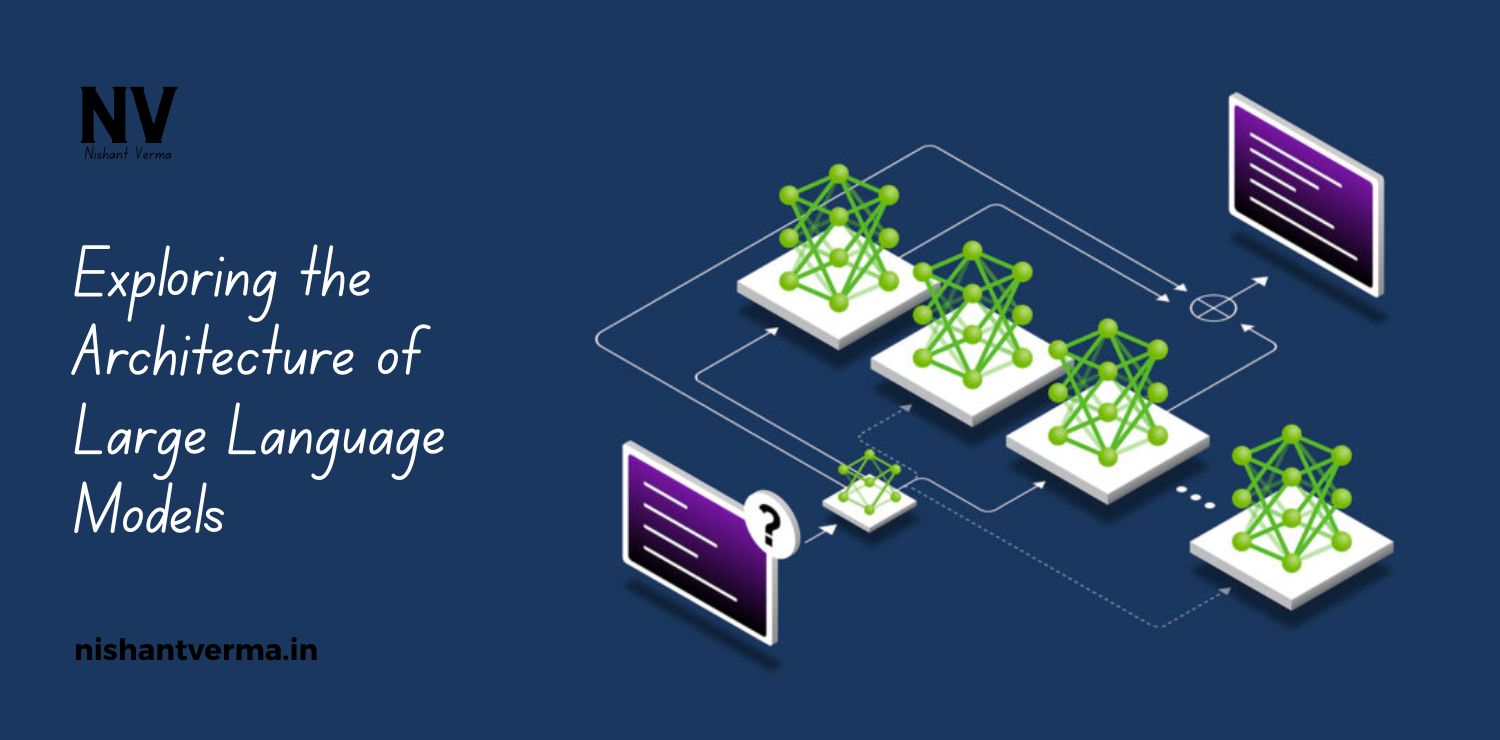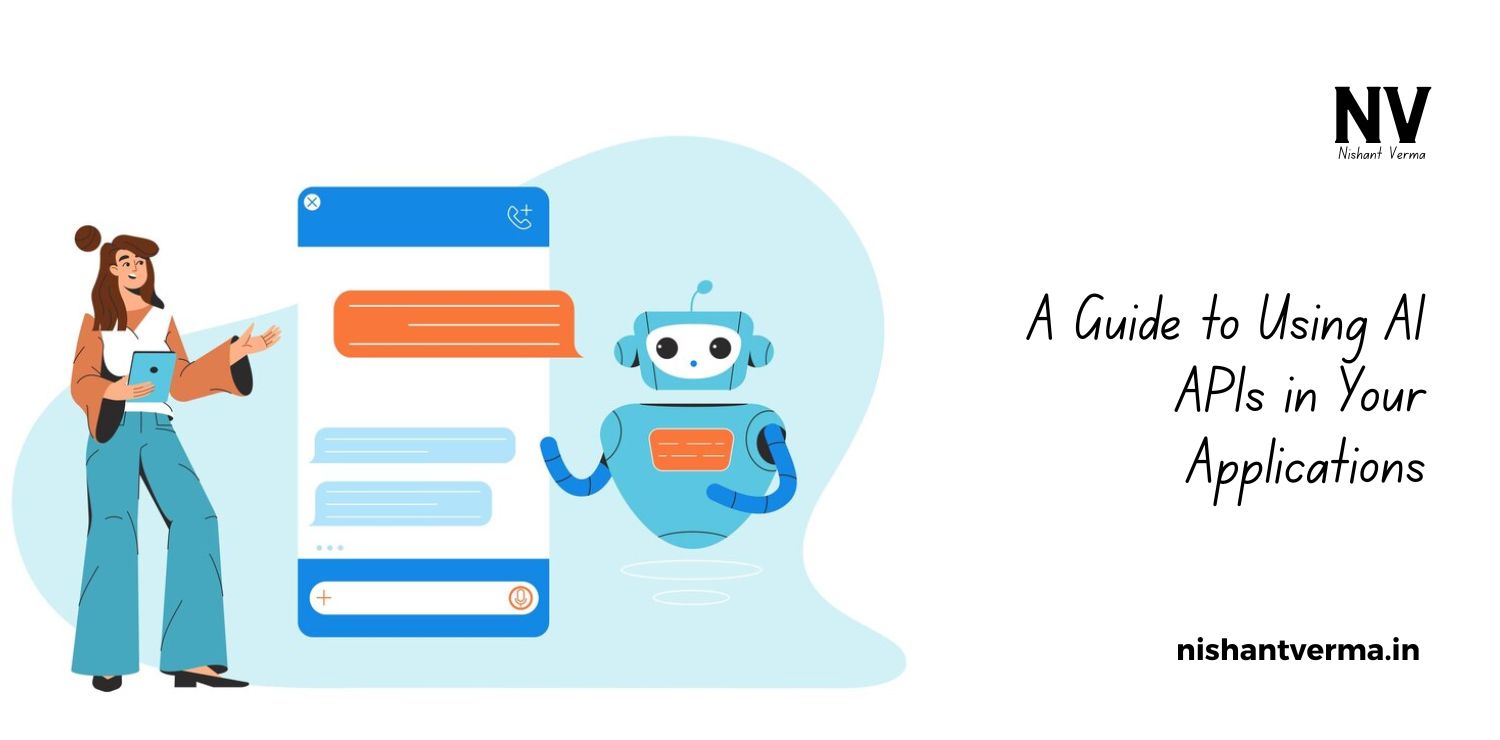In today’s world, social media plays a huge role in our daily lives. It is where we share news, chat with friends, and express our opinions. But did you know that social media is also making a big impact on politics in India? From elections to government policies, social media is influencing how people think, talk, and even vote.
In this article, we will explore how social media is shaping politics in India. We will look at how it affects elections, the spread of information, and the decisions made by political leaders. Let’s dive into the world of politics and social media in India.
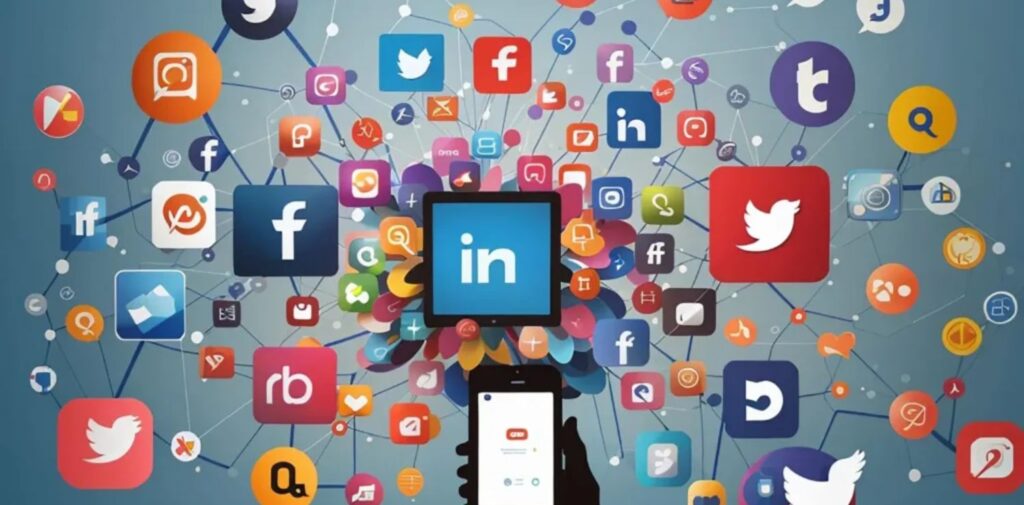
What is Social Media?
Before we talk about how social media affects politics, let’s first understand what social media is. Social media refers to online platforms where people can create, share, and interact with content. Some popular social media platforms include Facebook, Twitter, Instagram, and WhatsApp. On these platforms, people can post pictures, videos, and text, and communicate with others from all around the world.
Over the years, social media has grown into a powerful tool, not just for chatting with friends but also for spreading news, sharing opinions, and even discussing important political issues.
Social Media’s Influence on Indian Elections
India is the world’s largest democracy, meaning millions of people vote in elections to choose their leaders. With over a billion people, elections in India are huge events, and social media has changed the way people participate in them. Let’s take a look at how social media is shaping elections in India.
Reaching More People
In the past, political parties and leaders relied on television, radio, and newspapers to spread their message. While these still matter, social media has become one of the fastest ways to reach a large number of people. Political leaders and parties in India use platforms like Twitter and Facebook to directly connect with voters.
This helps them to reach people in every corner of the country, even those in faraway villages or small towns. Instead of waiting for the next newspaper to arrive or the next TV news show, people can get real-time updates on political events and decisions through their phones or computers.
Campaigning on Social Media
During elections, political parties use social media to run their campaigns. They post pictures, videos, and messages to tell people about their promises and plans. For example, a politician might share a video of themselves speaking to a crowd or a photo showing their work in the community. This is a way for voters to see the politician’s personality and hear their opinions without waiting for an interview on TV.
Sometimes, political leaders even hold live video sessions where they talk to people directly. This makes them appear more approachable and connected with the public. Social media gives politicians a chance to communicate without any filter, allowing them to speak directly to their supporters.
Influencing Voters
Social media also helps political parties to influence voters’ opinions. By sharing posts that explain why their party is the best choice, they try to change the minds of people who might be undecided. They can post about the good work they’ve done in the past or promise to improve things in the future.
On social media, many people discuss politics openly, sharing their views and opinions. This creates conversations that help people learn more about the candidates and the issues they care about. For some voters, these discussions on social media can influence their decision when they go to vote.
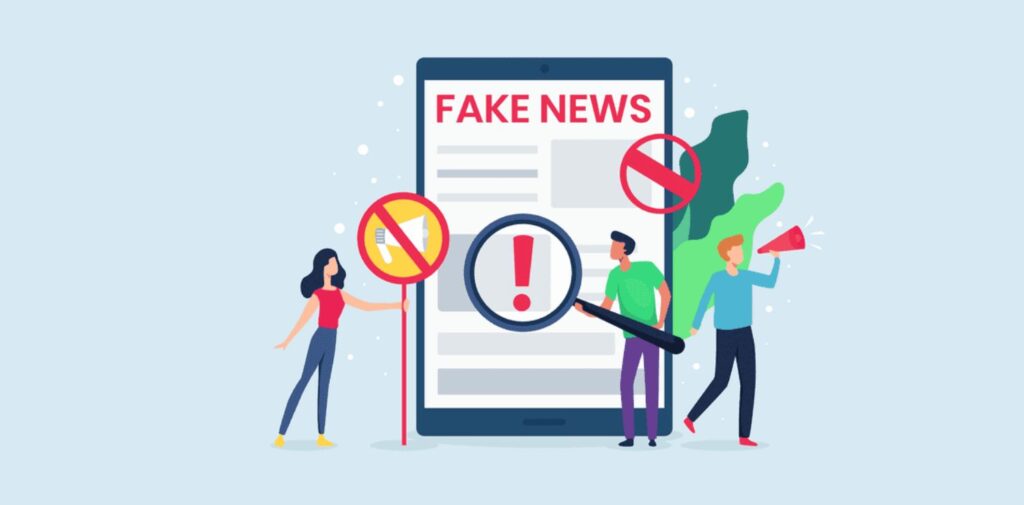
Misinformation and Fake News
While social media helps spread useful information, it can also be used to spread misinformation or fake news. Sometimes, people share false stories or rumors to make others think badly of a political party or leader. Fake news can be about anything, from an incorrect claim about a politician’s actions to rumors about election results.
For example, during elections, some people might post false information about a candidate or party. They might say things like, “This politician did something bad,” even when it’s not true. If enough people see these posts, it can make them believe the lie and change their vote. This is why it’s important to check the information before believing it and sharing it with others.
Social media platforms like Facebook and Twitter have worked hard to stop the spread of fake news by checking the facts and removing posts that are false. However, the challenge still remains to ensure that people only share reliable information.
Political Movements on Social Media
Social media has also been a platform for political movements in India. Over the years, people have used social media to raise awareness about important issues and demand changes. One famous example is the Anna Hazare Anti-Corruption Movement. In 2011, Anna Hazare led a huge protest against corruption, and social media played an important role in spreading the message. People shared posts, videos, and updates about the movement, which helped it gain support across India.
Another example is the #MeToo Movement, where people, especially women, used social media to speak out against sexual harassment. These movements have shown that social media is not just for sharing funny pictures or news, but can also be used for serious political and social causes.
Social Media and Policy Decisions
Politicians and government officials also pay close attention to what people are saying on social media. They use it to understand the public’s opinion on various issues, like healthcare, education, or the economy. For example, if many people are complaining about bad roads in a certain area, the government might pay attention to these complaints and work on improving the roads.
Social media also allows citizens to directly communicate with the government. People can tweet or post about issues they care about, and politicians or government officials might reply or take action. In this way, social media can be a tool for democracy, giving people a way to voice their concerns and make sure the government listens.
The Role of Political Parties and Leaders
Political parties in India know how important social media is, and they use it to their advantage. Leaders often have their own social media accounts where they share their views, interact with their supporters, and promote their political ideas. The more popular the leader is on social media, the more likely they are to have a strong presence in the election.
For example, Prime Minister Narendra Modi has millions of followers on social media platforms like Twitter and Facebook. He uses these platforms to share his thoughts, speak directly to the people, and highlight his government’s achievements. This helps him stay in touch with the people and influence public opinion.
The Dark Side of Social Media in Politics
While social media can be a powerful tool for good, it can also be misused in politics. One of the dangers of social media in politics is hate speech and division. Some people use social media to spread hate against certain groups of people, whether based on religion, caste, or other factors. This can cause anger and violence in society.
Political parties sometimes use social media to attack their opponents, using harsh language or spreading lies. This can make politics more negative and create a divide between different groups of people. It is important to use social media responsibly and not spread hate or false information.
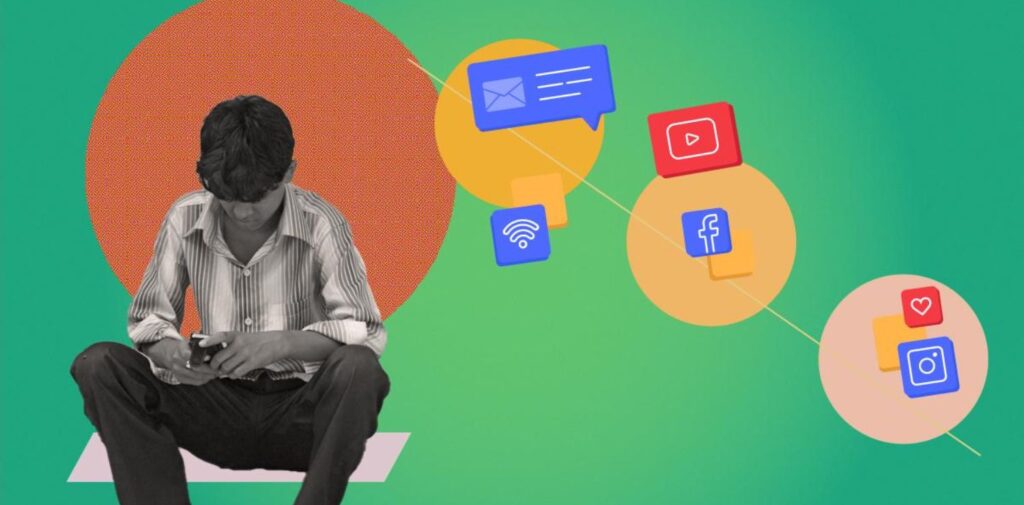
The Future of Social Media in Indian Politics
As social media continues to grow, its role in Indian politics will only become stronger. In the future, we may see even more advanced uses of technology in elections, like artificial intelligence (AI) helping political parties understand voters’ opinions or virtual reality making campaigns more interactive.
However, it is also important that people learn how to use social media responsibly. Voters should always check facts before believing or sharing something online. Political leaders should use social media to promote positive messages and work together for the betterment of the country.
Conclusion
Social media has become an important tool in the political world of India. It is helping political parties reach more people, influence voters, and even shape public policy. However, it also comes with challenges like misinformation, hate speech, and the spread of fake news. As social media continues to grow, it will play an even bigger role in shaping elections, political discussions, and government decisions in India.
By using social media responsibly, both citizens and politicians can make sure that it continues to be a force for good, promoting democracy, sharing important information, and helping the country move forward in a positive way.

